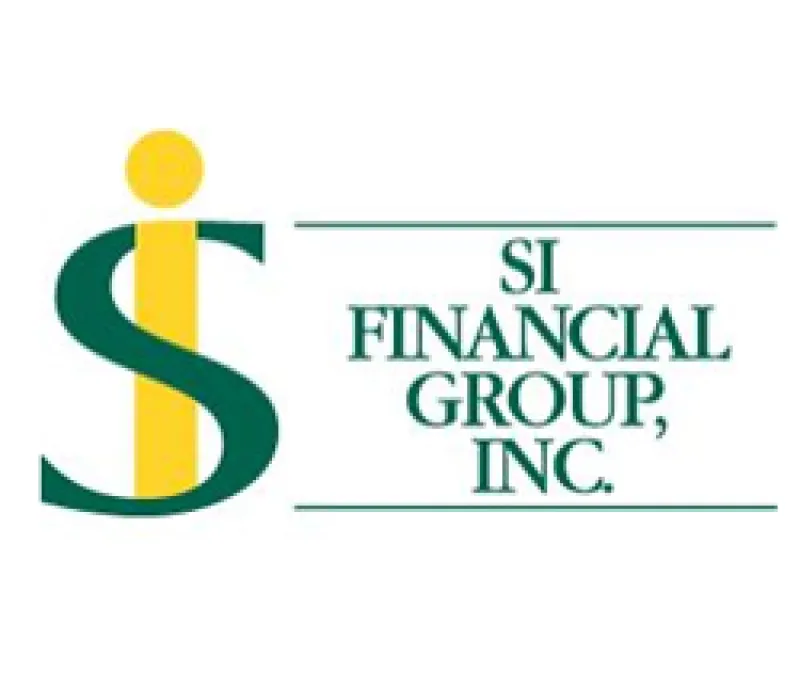Lawrence Seidman has moved in on his next banking target. The most active activist investor you’ve never heard of said in a regulatory filing Wednesday that he owns 621,504 shares of SI Financial Group, or 5.8 percent of the total shares outstanding.
SI Financial is the parent holding company of Savings Institute Bank and Trust Company, a financial institution with 21 offices in eastern Connecticut.
In a regulatory filing, Seidman said the shares were “were undervalued and represented an attractive investment opportunity.”
The filing, which resembles most of the previous ones Seidman has filed with other small banks, says the stock is undervalued and represents an attractive investment opportunity. It also states in the future Seidman may take additional actions, including communications with management and the Board of Directors, speaking with third parties, making proposals to the company about possible changes to the capitalization, ownership structure or its operations, or seeking representation on the Board.
And, as usual, Seidman also warns that he has previously nominated individuals for election to the boards of directors and has engaged in election and proxy contests with a number of publicly traded companies, and may do in this case as well.
Seidman is not bluffing.
Last November he had said he would launch a proxy fight against Abington Bancorp. Sure enough on January 7, 2011 he said he planned to nominate two candidates at the 2012 Annual Meeting against the company's candidates. Less than three weeks later, Abington agreed to be acquired by Susquehanna Bancshares for $273 million.
In December we reported he filed a 13-D with the Securities and Exchange announcing he owned 5.57 percent of the shares of Colonial Financial Services, a small Vineland, NJ bank holding company for Colonial Bank, FSB with eight branches.
Sure enough, in May Colonial and Seidman entered into an agreement under which John J. Bailey, a long-time Seidman associate, was appointed to the Boards of Directors of the company and Colonial Bank for a one-year term, according to a regulatory filing. The company also will be required to nominate Bailey to its Board and to recommend to stockholders the election of Bailey at the company's annual meeting so long as Seidman entities beneficially own at least 5 percent of the company’s outstanding shares.
Under the deal, Bailey and Seidman entities have agreed to vote in favor of all director nominees submitted by the company's Board, against any nominee not submitted by, or who is opposed by the company's Board and in favor of any stock benefit plan submitted by the company's Board.
In March, Seidman said he owned 7 percent of Fox Chase Bancorp, which operates 11 branches in Pennsylvania and nearby New Jersey. Seidman paid between $11.50 and $13 apiece for the shares. Today they trade around $13.54. Surprisingly, nothing else has transpired...yet.
Siedman has been buying undervalued banks and thrifts since 1983 that are generally selling below tangible book value and tries to encourage them to either sell to another institution or at least repurchase their shares.
He is a former attorney with the Securities and Exchange Commission and for more than the past 12 years has been the manager of various investment vehicles, principally involved in the purchase and sale of publicly traded bank and thrift stocks. From November 1991 to December 31, 2005, he was also a consultant, President and General Counsel to Menlo Acquisition Corp., a holding company for an environmental consulting and remediation company and a laboratory company.
Going back to 1995, Seidman has been involved in at least 34 activist situations with small banks, according to regulatory filings. He has initiated or been a part of about a dozen proxy fights and more than 20 of the bank companies were acquired by another institution after Seidman took a position.
He has also sat on the Board of Directors of at least six of the companies, while associates of his sat on the Boards of a number of other companies.







